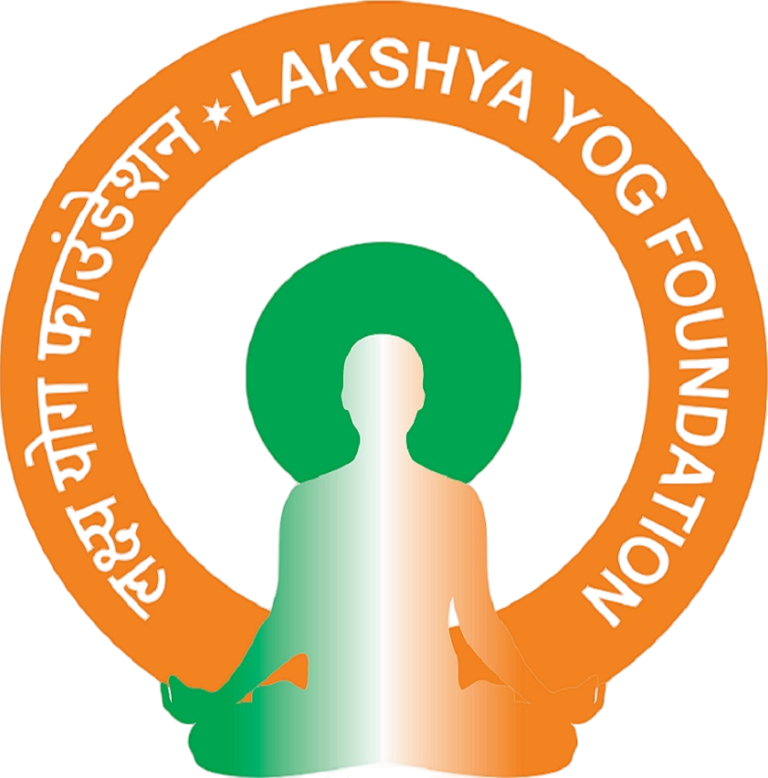Benefits of Ashtanga Yoga
Ashtanga Yoga, often referred to as the “Eight Limbs” of Yoga, is a comprehensive and ancient system of yoga that offers numerous physical, mental, and spiritual benefits. Developed by the sage Patanjali in the Yoga Sutras, Ashtanga Yoga provides a structured and disciplined approach to self-realization and well-being. In this essay, we will explore the multifaceted Benefits of Ashtanga Yoga, covering its impact on physical health, mental well-being, and spiritual growth.
Physical Benefits of Ashtanga Yoga:
- Strength and Flexibility: One of the most noticeable physical benefits of Ashtanga Yoga is improved strength and flexibility. The practice consists of a series of dynamic postures (asanas) that engage various muscle groups and promote joint mobility. Over time, practitioners develop lean and toned muscles while becoming more flexible, reducing the risk of injuries in daily life.
- Cardiovascular Health: The vigorous and continuous flow of movements in Ashtanga Yoga increases heart rate and circulation. This cardiovascular workout enhances overall heart health, lowers the risk of heart diseases, and helps maintain healthy blood pressure levels.
- Weight Management: Regular practice of Ashtanga Yoga can aid in weight management and even weight loss. The combination of physical effort and mindful eating often leads to better control over cravings and a healthier relationship with food.
- Improved Posture: Ashtanga Yoga places a strong emphasis on alignment and body awareness. Practitioners gradually correct poor posture habits and develop a more balanced and upright posture, reducing the risk of chronic pain and injuries associated with poor alignment.
- Enhanced Balance: Many asanas in Ashtanga Yoga require balance and concentration. This improves proprioception—the body’s ability to sense its position in space—leading to better balance, stability, and reduced risk of falls as one ages.
- Respiratory Health: The synchronization of breath and movement in Ashtanga Yoga enhances lung capacity and respiratory efficiency. This can be especially beneficial for individuals with respiratory conditions like asthma.
- Digestive Health: Regular practice of Ashtanga Yoga includes postures that massage and stimulate the digestive organs, promoting better digestion and absorption of nutrients. This can help alleviate issues like indigestion and constipation.
Mental Benefits of Ashtanga Yoga:
- Stress Reduction: Ashtanga Yoga encourages mindfulness and deep breathing, which can significantly reduce stress levels. The practice of focusing on the breath and staying present in each posture helps calm the mind and reduce the impact of stressors.
- Improved Concentration: The discipline required for Ashtanga Yoga cultivates mental focus and concentration. This enhanced ability to concentrate can be applied to daily tasks and problem-solving.
- Emotional Regulation: Regular practice helps individuals become more aware of their emotions and learn how to respond to them in a balanced way. This can lead to improved emotional regulation and reduced reactivity to life’s challenges.
- Mental Clarity: Ashtanga Yoga can provide mental clarity and a sense of calm. It allows practitioners to step away from the constant chatter of the mind, leading to greater mental stillness and clarity.
- Enhanced Self-Awareness: The introspective nature of Ashtanga Yoga encourages self-reflection and self-awareness. Practitioners develop a deeper understanding of themselves, their thought patterns, and their behaviors.
- Stress Resilience: Ashtanga Yoga teaches individuals how to manage stress, making them more resilient in the face of adversity. This resilience can have a positive impact on mental health and overall well-being.
Spiritual Benefits of Ashtanga Yoga:
- Self-Realization: At its core, Ashtanga Yoga is a spiritual practice aimed at self-realization and enlightenment. It provides a path for individuals to connect with their inner selves and discover their true nature beyond the ego.
- Inner Peace: The regular practice of Ashtanga Yoga leads to a sense of inner peace and tranquility. This inner peace is not dependent on external circumstances and is a source of lasting contentment.
- Connection to the Divine: For many practitioners, Ashtanga Yoga is a means of connecting with a higher power or divine consciousness. It fosters a sense of spirituality and reverence for the sacred.
- Ethical Foundation: Ashtanga Yoga is rooted in ethical principles, such as non-violence (ahimsa), truthfulness (satya), and self-discipline (tapas). These principles guide practitioners toward a more ethical and compassionate way of living.
- Greater Self-acceptance: Through self-exploration and self-acceptance, individuals practicing Ashtanga Yoga often experience a deep sense of self-love and self-compassion. This can lead to improved relationships with oneself and others.
- Connection to the Universe: Ashtanga Yoga encourages practitioners to recognize their interconnectedness with all living beings and the universe. This expanded perspective can foster a sense of unity and compassion.
Additional Benefits of Ashtanga Yoga:
- Community and Support: Ashtanga Yoga often fosters a sense of community among practitioners. Group classes, workshops, and retreats provide opportunities for like-minded individuals to connect, share experiences, and support each other on their yoga journey.
- Cultural and Historical Connection: Ashtanga Yoga has a rich history and cultural significance in the yoga tradition. Practicing it can deepen one’s understanding of yoga’s roots and ancient wisdom.
- Lifestyle Changes: Many Ashtanga Yoga practitioners adopt healthier lifestyles beyond their physical practice. This may include dietary changes, reduced substance use, and a more balanced approach to work and leisure.
- Self-Discipline: The structured and disciplined nature of Ashtanga Yoga cultivates self-discipline, which can be applied to various aspects of life beyond the yoga mat.
In conclusion, Ashtanga Yoga offers a wide array of physical, mental, and spiritual benefits. Whether you are seeking to improve your physical fitness, reduce stress, deepen your spiritual connection, or enhance your overall well-being, Ashtanga Yoga provides a holistic approach to achieving these goals. However, it’s essential to approach Ashtanga Yoga with dedication, patience, and respect for its traditions to fully reap its benefits. As with any form of yoga, it’s advisable to consult with a qualified instructor or healthcare professional before starting a new practice, especially if you have any underlying medical conditions or concerns.
(Articles Related)–What is Power Yoga ?-Yoga and Happiness






